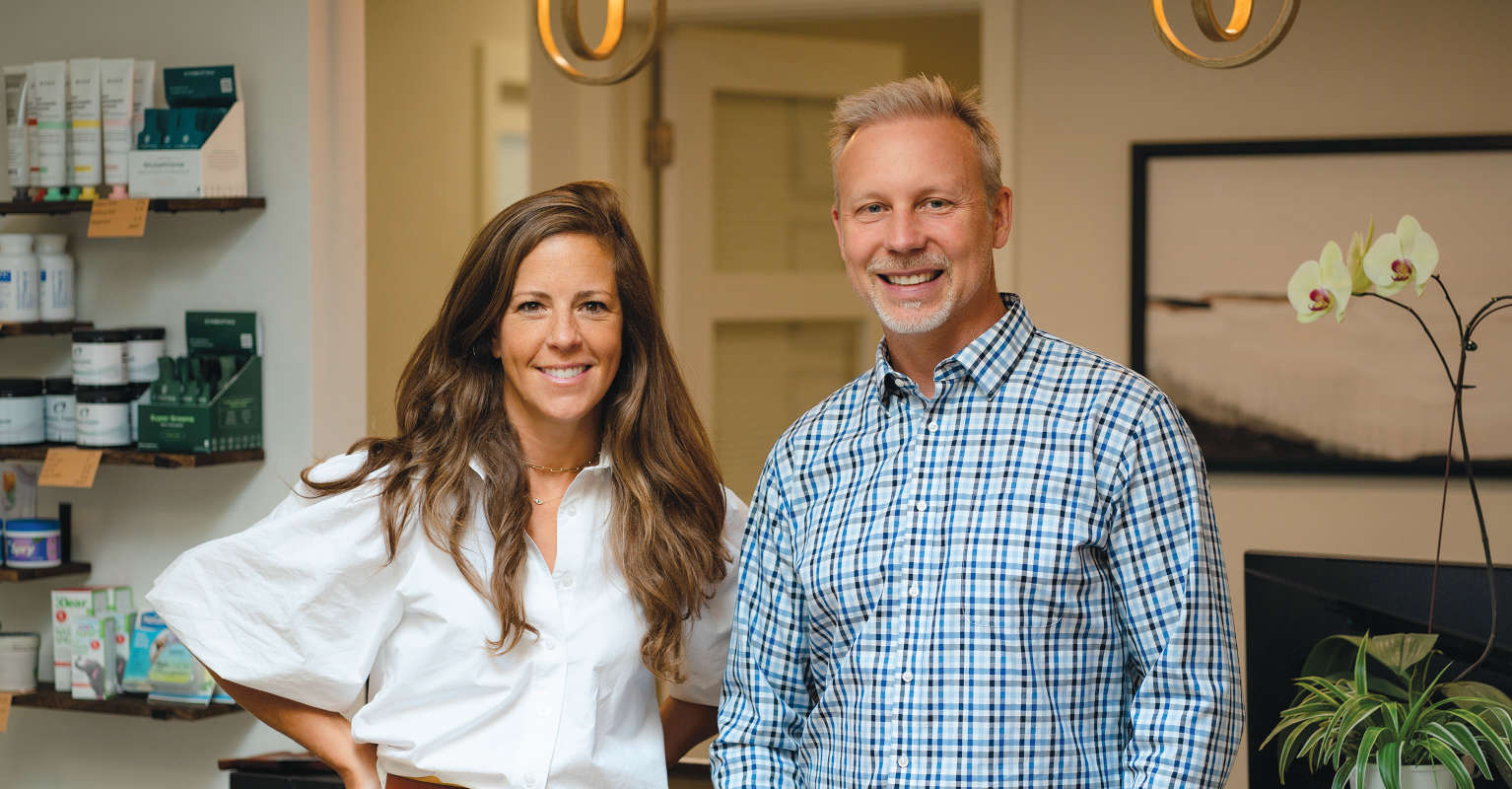Denise Smith inherited her affinity for herbalism from her grandmother, Muriel Smith, who lived just down the road from her childhood home in Grand Marais, Minnesota. Muriel was a gardener with an interest in natural home remedies. From a young age, Smith spent hours immersing herself in her grandmother’s garden and books, where she learned not only the power of plant medicine, but also the reciprocal, healing power of taking time and attention to care for oneself with herbs.
On the walk back from her grandmother’s house, Smith would stop by a secret garden of wild roses in the woods between their homes. There, she began developing a ritual of relationship that she continues to this day as a practicing herbalist.
Through her business, Botany of Being, Smith provides consultations and an apothecary of her own herbal body oils, tinctures, and teas. She forages many of the herbs she uses, such as yarrow, fir tips, arnica, cottonwood, and of course, wild rose. For Smith, foraging is like “going to see friends,” and like any good friend, she doesn’t only visit them when she needs something. “I don’t go just when I’m harvesting but throughout the year. I check to see if they are thriving this year, if they are stressed, and how the ecosystem around them is doing. It’s really relational for me.”
Smith believes that medicinal plants are the most potent when a relationship is developed with them. She describes how, when you take aspirin for a headache, you are able to carry on with your day and “forget your body is trying to tell you something.” When you treat a headache with willow bark–– which contains salicin, a constituent that aspirin mimics––“it will help you, but you might have to connect with the plant a couple of times. This repetition encourages you to reflect on what might be causing the symptom.”
In that sense, by connecting to a plant you are also deepening the relationship with yourself and your own wellness. “I want Botany of Being to be a place where we can remember our connection to the natural world, and to ourselves,” Smith says. Smith’s herbal body oils are made using whole plant ingredients, which she says provides a more integrated treatment. “The whole plant has a synergy. Sometimes when you take too much aspirin, your blood can become too thin, but if you were to take willow bark in its whole form, it actually has a constituent that keeps you from getting too thin of blood.”
This framework is also carried out in her consultations. Just as she surveys the ecosystems she forages from and cultivates a relationship to plants in their holistic form, she aims to observe and treat the whole person through listening, connecting, and building trust with each individual.
“The nervous system is what I really want to focus on. Almost everybody that’s come to me is coming for something to do with their nervous system.” Through her training, she learned that herbal infused oils are an exceptional treatment for the nervous system because they match the oil-based lipid barrier of the nervous system’s myelin sheathing.
Beyond the notable physiological aspects of herbal remedies, Smith sees relationships as the most impactful part of healing. Many of her clients have shared that simply being listened to was a critical first step in shifting their health. She believes that’s because our nervous systems are wired for connection: By connecting with a person, a plant, or an ecosystem, we are reminded that we belong to something––and that we are safe.
“Plants have brought so much belonging to my life,” she says. “That helps my nervous system downregulate, I can handle things with ease, I can digest my food. That’s been the biggest shift in my health, hands down. And that’s what I’ve seen with everyone I’ve worked with, too.”
For anyone interested in trying herbal remedies, Smith recommends starting out using a safe, gentle herb without contraindications. Make loose-leaf peppermint tea and, before drinking, take a moment to reflect and savor the smell. Or try a tincture of milky oats mixed with still or sparkling water once a day for gradual, long-term support of the nervous system.


